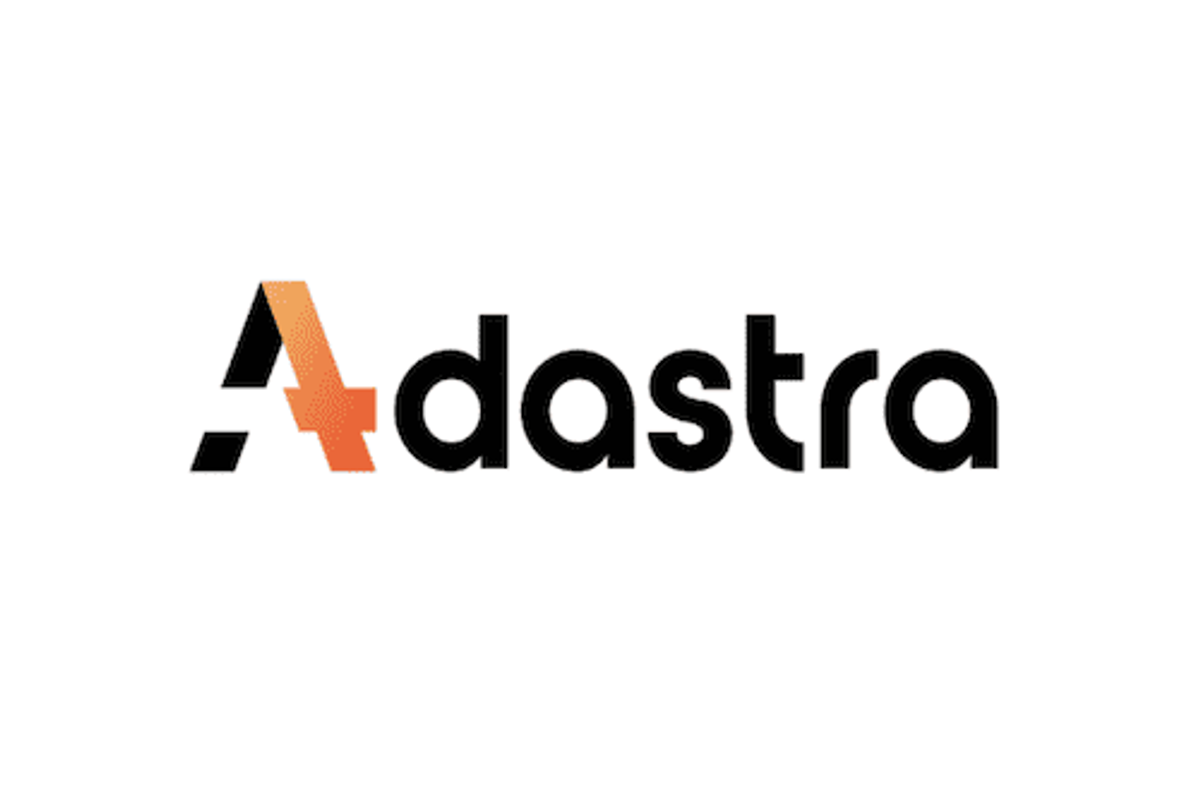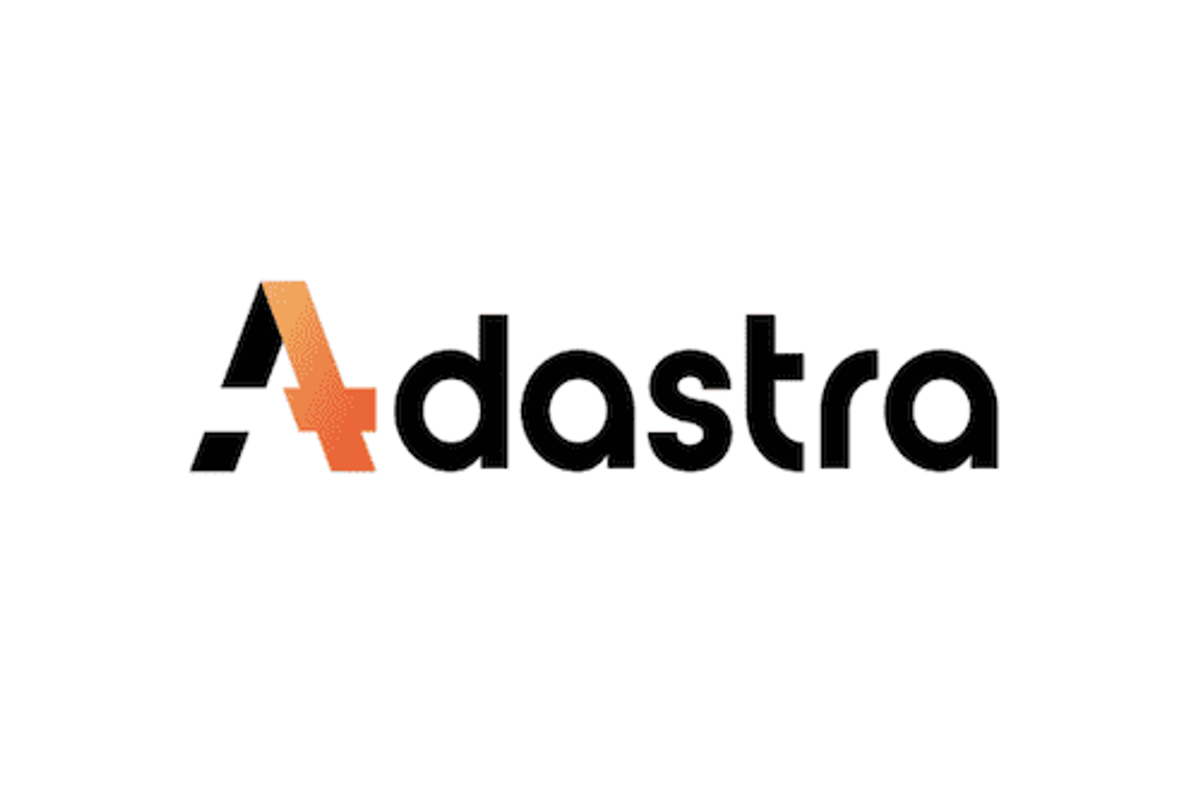
Adastra Labs Holdings Ltd. (CSE:XTRX)(FRANKFURT:D2EP) ("Adastra") a Health Canada Licensed cannabis processing and analytical testing services Company, is pleased to announce a processing agreement with Solargram Farms Corp. ("Solargram"), a company whose entire shares are to be vended into Captiva Verde Land Corp. ("Captiva Verde") (PWR) subject to Health Canada approval
"We are pleased to announce a cannabis processing agreement with Solargram, a high quality cannabis cultivator in New Brunswick. With their initial harvest, Adastra will process up to several thousand kilograms of cannabis flower and produce high-quality distillate and other cannabis concentrate products to support Solargram's entry into the retail markets in the upcoming months. This Agreement reflects another milestone achieved by our team and our continuing ability to strive for success. Adastra will continue to pursue multiple opportunities and relationships to provide shareholder success. We look forward to following this agreement up with additional opportunities with Solargram." - Andy Hale, CEO Adastra.
Terms of Agreement
Under the terms of the agreement, signed November 2, 2020, Solargram will provide up to 3,000 KG of their highly potent cannabis biomass for processing by Adastra into cannabis distillate or other cannabis concentrate products as requested by Solargram for a one year term that can be extended. The additional revenues generated by the processing agreement will supplement Adastra's rapidly growing contract manufacturing revenue stream.
Solargram Competitive Advantage
The Solargram cannabis harvest began on September 17th and was completed on October 30th with final processing completed on November 27, 2020. The Solargram team is credited with a final harvest of approximately 13,000 plants over 350,000 square feet of outdoor farm grown canopy resulting in 15,000 kg of wet cannabis. This harvest is ranked as one of Canada's top single largest, and lowest cost outdoor legal cannabis crop in Canadian history and is also the largest outdoor cannabis crop ever grown and harvested in New Brunswick.
Exceeding expectations, the year one total grow cost of production, including direct labor and direct materials, were CDN $0.05/gram wet; $0.22/gram dry which ranks as one of the top tier, lowest cost of cannabis production facilities in the Canadian cannabis industry.
Solargram is a major market disruptor and differentiator as its high quality, very low cost of production, allows its planned high cannabinoid full spectrum and distillate oil products to be sold at prices that are produced at a fraction of its competitors' cost of production. This competitive advantage will allow Solargram to become a leader in the Canadian cannabis marketplace commencing in 2021.
Solargram produced and harvested approximately 35 genetics of which its R2 strain, representing 65% of its year one outdoor cannabis crop, produced a COA (certificate of analysis) from an independent laboratory supplier at 21.53% THC and 2.7% terpenes. These significant high THC results rival and/or exceed indoor cannabis grown facilities in Canada. Independent test results also validate the crop is pesticide and heavy metal free.
"Solargram is excited to see our first, high-quality outdoor cannabis harvest processed into value-added concentrate products by Adastra. We look forward to working with Adastra and we will be looking to Adastra for support with our product execution strategy that we intend to rollout commencing in Atlantic Canada." - Len Wood, VP, Operations, Solargram.
Cannabis 2.0 Opportunity
For the August 2020 reporting period:
- Cannabis extracts have seen a 348% increase in units sold
- In total, 9,932,994 packaged units of cannabis were sold across Canada for medical and non-medical purposes.
- Dried cannabis sales represent 71% of total sales, with 7,098,413 packaged units sold.
- Cannabis extracts sales represent 14% of total sales, with 1,395,664 packaged units sold.
- Edible cannabis sales represent 14% of total sales, with 1,424,634 packaged units sold.
Source: Health Canada Stats
In the US' largest cannabis market, California, cannabis concentrates outsold traditional flower for the first time ever in 2018. According toBDS Analytics, concentrates represented 37 percent of cannabis sales in California in 2018, while traditional flower made up only 33 percent of sales.
About Adastra Labs Holdings Ltd.
Adastra Labs Holdings Ltd. is a Langley, BC-based cannabis company with a co-located Health Canada Licensed Standard Processing Facility and Analytical Testing Laboratory. Adastra can produce cannabis extract through supercritical CO2 extraction and Cryo-Ethanol extraction with further molecular wiped-film distillation as well as conduct in-process quality testing. Adastra is currently expanding to provide hydrocarbon extraction. Such extracts can easily be incorporated into edibles, beverages, topicals, tinctures, vape cartridges and other products that will serve the Canadian medical and adult-use cannabis markets.
About Solargram Farms Corp.
Solargram is a Health Canada licensed cultivator with a world class team of experienced operators and growers. Solargram is dedicated to producing to large scale, hand crafted, outdoor premium cannabis and oil concentrates, providing high valued finished health and wellness products using natural farm inputs. Solargram has a five year planned outdoor farm grown cannabis production capacity in excess of 185 farm acres representing over 76,000 kg's of dried cannabis targeted for cannabis products for domestic and international markets as well as developed in house, best in class unique cannabis products. Solargram will merge with Captiva Verde Land Corp (CSE: PWR) subject to Health Canada and CSE approval.
For investor inquiries please contact:
Len Wood
Vice President, Operations
len@solargramfarms.com
About Captiva Verde Land Corp.
Captiva Verde is a global health & wellness company. Its assets include sustainable real estate communities in California, outdoor cannabis cultivation in Canada, premium cannabis infused products, consumer retail partnerships across North America, and infused cannabis product distribution in Mexico.
Andrew Hale
Chief Executive Officer
Adastra Labs Holdings Ltd.
Phone: (778) 715-5011
Email: andy@adastralabs.ca
Stephen Brohman
Chief Financial Officer
Adastra Labs Holdings Ltd.
Phone: (778) 715-5011
Email: steve@adastralabs.ca
Address: 5451 275th Street, Langley, BC V4W 3X8
Telephone: 778-715-5011
Fax: 844-874-9893
CAUTIONARY NOTE REGARDING FORWARD-LOOKING INFORMATION:
Except for statements of historic fact, this news release contains certain "forward-looking information" within the meaning of applicable securities law including statements relating to hydrocarbon extraction system performance, commencement of hydrocarbon extraction activities, expansion into alternative production lines, commencement of certain operations, installation of equipment, expected product quality and margins, development of new product lines and delivery to the market. Forward-looking information is frequently characterized by words such as "plan", "expect", "project", "intend", "believe", "anticipate", "estimate" and other similar words, or statements that certain events or conditions "may" or "will" occur. Forward-looking statements are based on the opinions and estimates at the date the statements are made, and are subject to a variety of risks and uncertainties and other factors that could cause actual events or results to differ materially from those anticipated in the forward-looking statements including, but not limited to delays or uncertainties with regulatory approvals, including that of the CSE and Health Canada, economic, business, competitive, political and social uncertainties, failure to commission equipment, unexpected contamination of products, saturation of the market for the Company's current and proposed future product offerings, failure of third parties to deliver on expected timelines, overestimation of competencies of third parties, termination of commercial engagements, termination of expected supply agreements and loss of key personnel. There are uncertainties inherent in forward-looking information, including factors beyond the Company's control. There are no assurances that the business plans for the Company as described in this news release will come into effect on the terms or time frame described herein. The Company undertakes no obligation to update forward-looking information if circumstances or management's estimates or opinions should change except as required by law. The reader is cautioned not to place undue reliance on forward-looking statements. Additional information identifying risks and uncertainties that could affect financial results is contained in the Company's filings with Canadian securities regulators, which are available at www.sedar.com.
SOURCE: Adastra Labs Holdings Ltd.
View source version on accesswire.com:
https://www.accesswire.com/619612/Adastra-Announces-Processing-Agreement-with-Solargram-to-Reflect-the-Companys-Multi-tiered-Approach-to-Increase-Sales-Revenue
